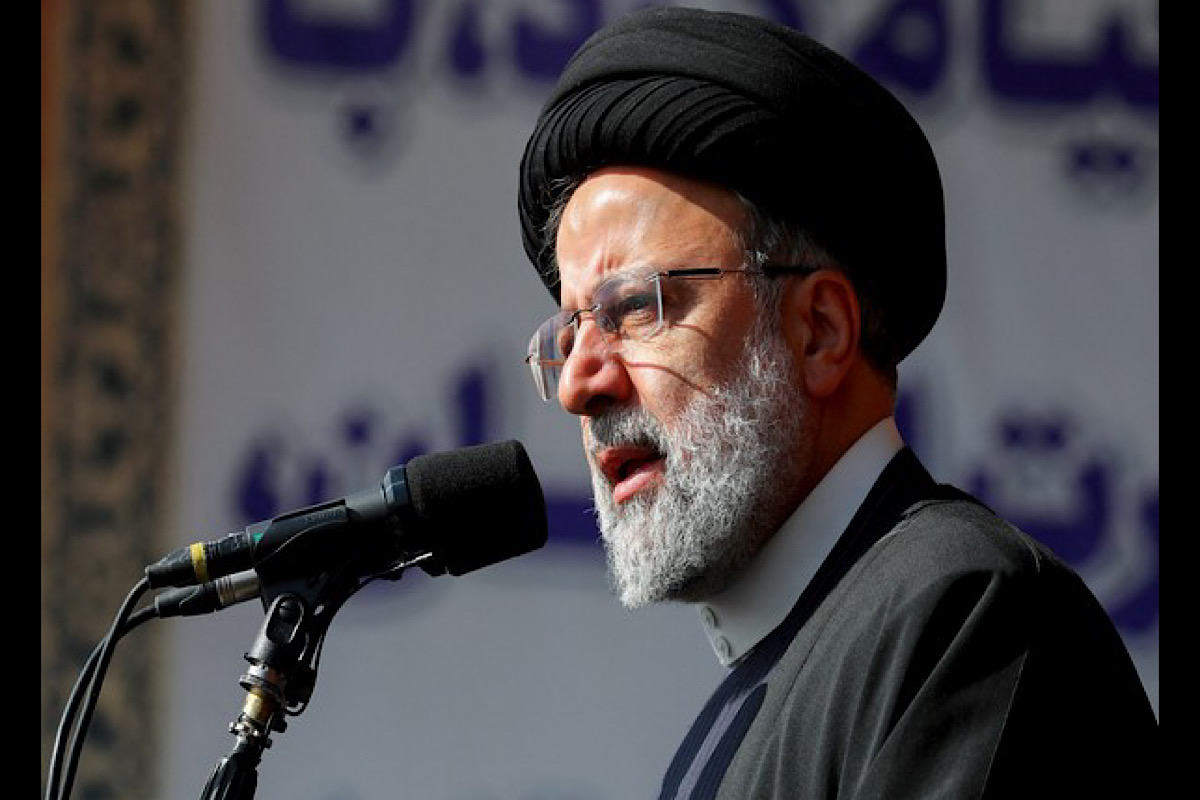The untimely death of President Ebrahim Raisi in a helicopter crash near the Azerbaijan border marks a significant turning point for Iran, a nation at the crux of some of the most crucial geopolitical tensions in the world. Mr Raisi’s presidency, although short, was one of profound conservatism and strict adherence to the principles of the Islamic Republic as envisioned by its clerical leadership.
A hardliner within the Iranian political spectrum, Mr Raisi was often viewed as a possible successor to Supreme Leader Ayatollah Ali Khamenei. His policies, notably his firm stance on morality laws and his unyielding position in nuclear negotiations, reinforced the ideological purity that the regime sought to maintain amidst domestic and international challenges. His approach was to strengthen Iran’s resolve against Western pressures while securing its regional interests through alliances with non-state actors across West Asia. Under Mr Raisi’s administration, Iran saw a resurgence of the enforcement of stringent social codes, which sparked significant unrest within parts of the Iranian population.
Advertisement
The death of Mahsa Amini, which ignited nationwide protests, was a stark reminder of the societal divisions that run deep in Iranian society. These events, under his watch, highlighted a regime often in conflict with the evolving demands and aspirations of its younger population. The consequences of Mr Raisi’s hardline policies extended beyond Iran’s borders. In the realm of international relations, his tenure did little to alleviate tensions with Western powers, notably the United States. The nuclear deal, which has been a pivot of contention, saw no significant breakthroughs during his time, leaving the region in a continuous state of uncertainty regarding nuclear proliferation and economic sanctions.
The implications of Mr Raisi’s sudden death are profound for Iran’s future. It removes a key figure aligned closely with Ayatollah Khamenei and disrupts the anticipated continuity of the hardline faction within the regime. This could either pave the way for a period of significant political restructuring or further entrench the conservative elements within the government, depending on how the succession unfolds. Regionally, Mr Raisi’s absence may alter the dynamics of Iran’s engagements in proxy conflicts from Syria to Yemen. His aggressive posture had ensured a continuity of Iran’s regional policies established by his predecessors.
The new leadership, depending on its ideological and strategic dispositions, might recalibrate these engagements, which could either escalate conflicts or open new avenues for dialogue with regional adversaries, including Saudi Arabia and Israel. Mr Raisi’s hardline stance represented a challenge to international diplomacy, particularly in how the West engaged with Iran on nuclear issues and regional security. The world will be watching closely to see if his departure offers an altered approach, one that sees greater diplomatic outreach. Mr Raisi’s tenure and his unexpected demise are not merely a footnote in Iranian history but could be a precursor to a transformative era for Iran and its role on the global stage











